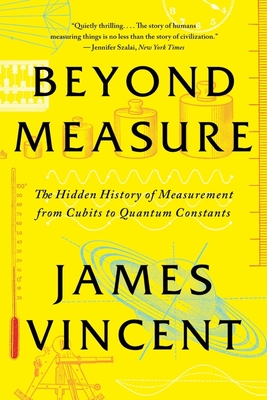
Teaching Queer: Radical Possibilities for Writing and Knowing (Composition, Literacy, and Culture)
Description
Teaching Queer looks closely at student writing, transcripts of class discussions, and teaching practices in first-year writing courses to articulate queer theories of literacy and writing instruction, while also considering the embodied actuality of being a queer teacher. Rather than positioning queerness as connected only to queer texts or queer teachers/students (as much work on queer pedagogy has done since the 1990s), this book offers writing and teaching as already queer practices, and contends that the overlap between queer theory and composition presents new possibilities for teaching writing. Teaching Queer argues for and enacts “queer forms”—non-normative and category-resistant forms of writing—those that move between the critical and the creative, the theoretical and the practical, and the queer and the often invisible normative functions of classrooms.
Praise for Teaching Queer: Radical Possibilities for Writing and Knowing (Composition, Literacy, and Culture)
“Teaching Queer is a great read that blends personal narrative, real-life teaching from the author, student work, and high theory to get at the question: What might a queer pedagogy of writing look like?”
—Jacqueline Rhodes, Michigan State University
“A well-crafted exploration of how queer theory can address the hardest task of composition teachers: challenging students to use writing as a way of thinking. Accessibly weaving together autoethnography, queer theory scholarship, classroom narrative, and student text exegesis, Waite contributes a profound challenge to current composition pedagogy.”
—Jan Cooper, Oberlin College




























